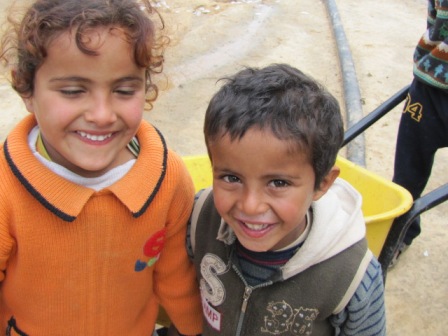Tag: Gaza
-
Scrap collector injured in the North
26 February 2011 | International Solidarity Movement, Gaza As his family was hungry but running out of cooking gas, Khaled Mohammed Al-Hsunmi (37) went out to collect wood. Cooking gas in Gaza is scarce and expensive (the siege does not allow much gas to enter), so Khaled regularly goes on a hunt for wood. Burning…
-
Three killed in Gaza buffer zone
22 February 2011 | ISM Gaza Ashraf Abdellatif Iqtifan was born in Gaza City in 1980. He grew up surrounded by five brothers, two sisters, and everyday violence. When Ashraf was eleven years old, his 14-year-old brother Rami, who on his slightly yellowed photo smiles cheekily and brightly into the camera, threw a stone at an…
-
“I only have you to count on.”
24 February 2011 | Vera Macht, ISM Gaza “I only have you to count on. From now on, my children depend on you.” This was the desperate call of a man who sees no way out for himself and his children, and we ISM members who came to his phone call, received it in helpless silence.…

